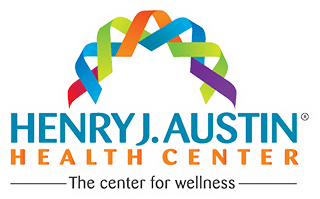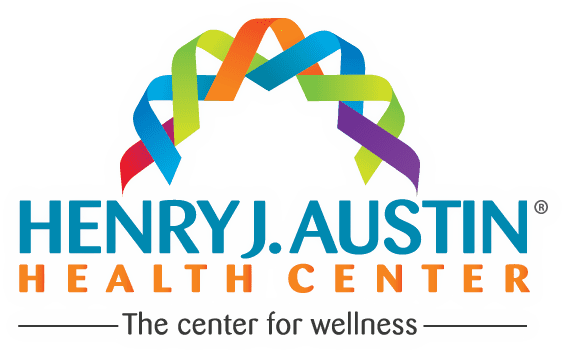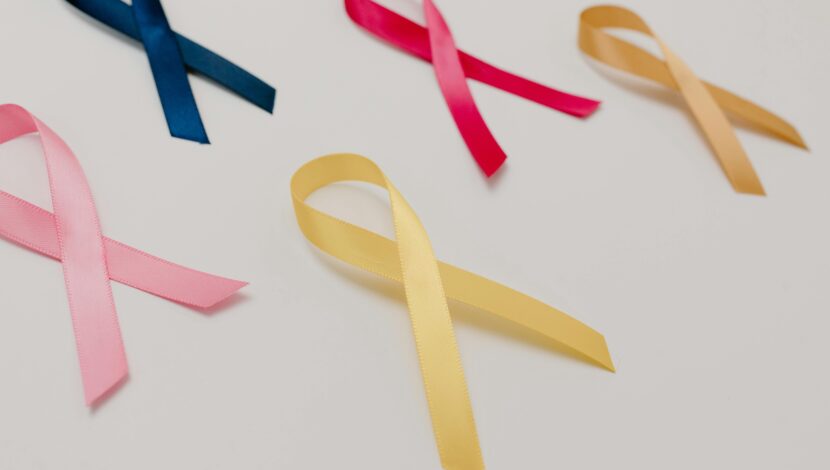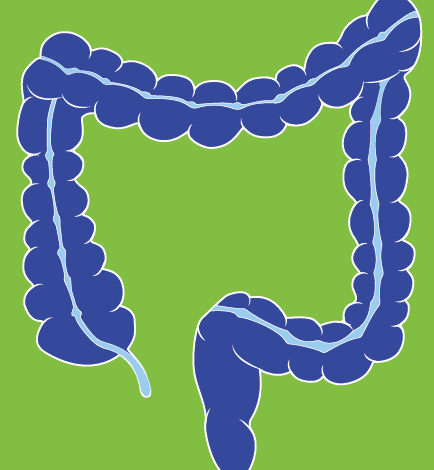September is Sexual Health Awareness Month which is dedicated to promoting knowledge about sexually transmitted diseases, safe sex, and sexual assault. In an effort to eliminate the stigmatism surrounding discussing sexual health topics open and honest dialogue, spreading awareness, and sexual health resources are all ways to bring about change. Creating safe places to talk about sex helps stay sexually healthy.
The World Health Organization defines sexual health as, “a state of physical, emotional, mental and social well-being in relation to sexuality; it is not merely the absence of disease, dysfunction or infirmity. Sexual health requires a positive and respectful approach to sexuality and sexual relationships, as well as the possibility of having pleasurable and safe sexual experiences, free of coercion, discrimination and violence.”
The most common outcomes of unsafe sexual health behaviors can lead to STIs, unplanned- pregnancy, and HIV.
At Henry J. Austin Health Center, we are able to provide STI testing and treatment. HJAHC also offers free confidential HIV testing to any person who requests it along with treatment if you test positive. The HIV prevention staff consists of a program coordinator, HIV bilingual counselor, PrEP counselor and linkage to HIV care program coordinator and a Disease Intervention Specialist (DIS) worker assigned to assure treatment and contact tracing for persons diagnosed with or exposed to Syphilis. The PrEP counselor assist individuals at highest risk for HIV infection with access to pre-exposure prophylaxis to prevent HIV infection.
PrEP is a daily medication that helps prevent HIV. Studies have shown that PrEP reduces the risk of getting HIV from sex by about 99% when taken daily. Among people who inject drugs, PrEP reduces the risk of getting HIV by at least 74% when taken daily.
We offer various types of testing including: Fourth Generation, HIV-1/2 Antigen and Antibodies, with Reflexes. This test is used to help diagnose HIV-1 and HIV-2 infection, including acute infection, and to differentiate HIV-1 from HIV-2. Rapid HIV antibody testing is done via finger stick using blood taken from a finger. Rapid tests provide an HIV test result in as little as 20 minutes. Individuals receive results from this test at the same visit. A traditional serum blood test can also be used. The blood specimen is sent to the lab where it is processed. Results are returned to the health center, usually within 5 working days, and individuals must return in person to the health center to receive the results, regardless if they are positive or negative.
For Rapid HIV testing please call 609-278-5946 or 609-278-5951. PrEP services call 609-278-6010. STI testing call 609-278-5900.
For up-to-date information regarding the HIV virus, current research, and new scientific developments, please visit www.cdc.gov/hiv/
This information was originally published on www.ashasexualhealth.org and cdc.gov.





